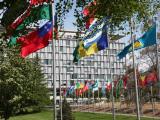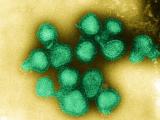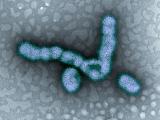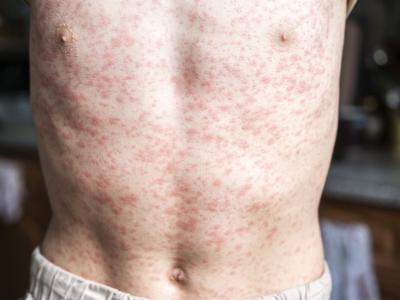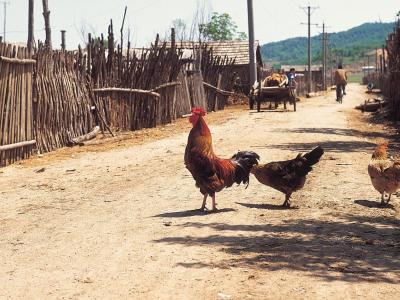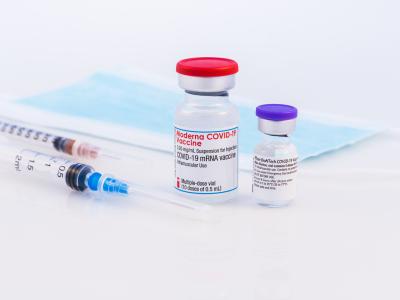Dec 29, 2009 (CIDRAP News) – Dr. Margaret Chan, director-general of the World Health Organization (WHO), said today that the H1N1 influenza pandemic isn't over and requires careful monitoring for up to another year.
"It's too premature and too early for us to say we're coming to an end of the pandemic influenza worldwide," Chan said in response to a question at a year-end press conference in Geneva. "It would be prudent and appropriate for WHO, together with member states, to continue to monitor the evolution of this pandemic for the next 6 to 12 months."
While the pandemic's second wave is receding in the United States, Canada, and parts of Europe, there is still "intense influenza activity" in places such as India and Egypt, she said. The WHO provided an online recording of the press conference.
Chan warned against complacency, given the unpredictability of influenza. "We'll watch this virus with eagle eyes. We're not going to let go," she said.
She acknowledged that she is "a bit more relaxed" about the situation now than a few months ago, but added, "I will never let down my guard."
In her opening remarks, Chan said, "The fact that the overdue influenza pandemic is moderate in its impact is probably the best health news of the decade."
Besides its likely effects on people with chronic diseases, a severe pandemic "could have brought momentum for health development to a grinding halt and reversed all the hard-won gains that the world collectively has achieved in the past 10 years," Chan commented.
She said the H1N1 experience so far has shown that the world is much better prepared for a pandemic now than it was 5 years ago but is not yet sufficiently prepared. The virus, she noted, has caused stress in emergency departments and intensive care units in many countries.
Chan expressed hope that the world will never have to face a pandemic of the deadly H5N1 virus. "The world is not ready for a pandemic caused by H5N1," she said.
She firmly rejected the suggestion that the WHO, under the influence of experts who allegedly want to boost pharmaceutical company profits, has made too much of the pandemic.
"There is no foundation and no basis for those allegations," she said. ". . . We would not under any circumstance be influenced . . . by any vested interest. I guard the independency of this organization in terms of our advice to member states with jealousy."
In other comments, Chan said the amount of H1N1 vaccine that donors have pledged to give the WHO for use in developing countries has increased to 190 million doses. On Dec 17, the WHO had put the number of promised doses at 178 million, with six vaccine makers and 12 countries contributing.
Chan said the WHO is negotiating to obtain doses from some European countries where demand for the vaccine has been lower than expected.
In response to a question, Chan said she has not yet been vaccinated against the pandemic virus but has asked her staff to help find out where she can get the vaccine. She commented that Swiss authorities have offered the vaccine to WHO employees and that many of her staff members have received it.
See also:
Dec 17 CIDRAP News story "Three Asian countries top list to get donated H1N1 vaccine"



